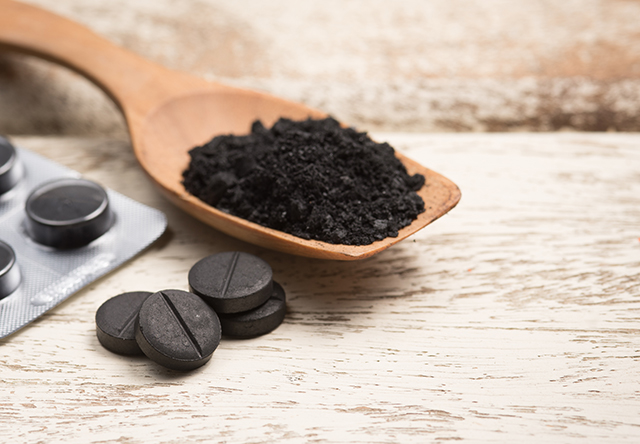Why maca is one of the best natural remedies for fertility problems
02/10/2019 / By Zoey Sky

You might not be familiar with maca (Lepidium meyenii) or Peruvian ginseng, but this versatile superfood has many different uses. It can even address fertility problems and boost sexual function.
What is maca?
Maca is a tuber native to South America and it is considered an Andean miracle food. Its roots are traditionally planted and then harvested in a ceremony in “cyclical cadence with the earth.”
The superfood is then dried naturally in the sun. Once dried, maca can be stored quite well. (Related: Have you heard of the little known miracle vegetable maca?)
After preparation, maca has a sweet flavor similar to butterscotch. In local cultures, maca is used in different ways:
- Consumed as tea.
- Eaten as sweet gruel with milk.
- Prepared as a beverage by blending boiled maca roots with fruits or spices and water or milk.
- Roasted.
- Turned into a flour mixture and used to make bread, cakes, and cookies.
The health benefits of maca
Regardless of how you consume maca, the tuber offers various benefits. Traditionally, indigenous peoples used maca as a healing herb. Maca also has a crucial role in the dynamic interactions of a person’s physical, mental, and sexual energies.
Aside from its lesser-known aphrodisiac properties, maca can also help promote mental clarity and boost both endurance and stamina. In modern use, the superfood can give you a much-needed energy boost.
Maca is an adaptogen, and it can be used to help balance a person’s body’s systems, especially if you are under physical and emotional stress. Researchers have found that maca addresses the impairment caused by stress and hormonal flux.
When you are stressed, your hormones and bodily processes also react to stress responses. This can cause various problems, such as having difficulty concentrating and even stress-induced illness. By taking maca, you can reduce the negative effects of stress on your blood sugar fluctuations, body systems, hormonal balance, and mental clarity.
In the Andes region, maca is used to naturally boost both male and female fertility. Various studies have determined that maca can work with the body’s unique chemistry to promote fertility and sexual function. Andean women consume maca if they want to get pregnant. Both anecdotal evidence and research data support these claims.
It is possible that as an adaptogen with systems-balancing properties, maca can function as a regulator for women with irregular cycles. The tuber can help minimize the effects of stress on conception efforts and promote regular menstrual cycles so a woman can have a better chance of conceiving.
Maca’s nutritional profile
Maca has phytoestrogens that help the herb stimulate hormonal balance. Phytoestrogens in the superfood can help regulate cycles and minimize cramping and mood changes. Additionally, maca can help ease the difficult symptoms of menopause that can affect quality of life.
Maca’s nutritional profile includes nearly all of the essential amino acids, along with high concentrations of the same anticancer compounds in vegetables such as broccoli and cabbage. The plant can boost your immune system since it also has similar compounds found in Echinacea. Maca also contains the same principle antioxidants found in green tea.
It is also rich in carbs, fiber, and essential vitamins and minerals (e.g., copper, iron, and vitamin C). Low in fat, maca also has beneficial plant compounds like glucosinolates and polyphenols. Thanks to its incredible nutrient profile, maca consumption can help address oxidative stressors that cause aging.
Consider taking maca regularly if you need a natural aphrodisiac that can also ease both mental and physiological stress.
Sources include:
Submit a correction >>
Tagged Under:
adaptogens, aphrodisiacs, botanicals, Fertility, fertility problems, herbal medicine, herbal remedies, Infertility, ingredients, L. meyenii, Lepidium meyenii, maca, natural cures, natural healing, natural health, natural medicine, natural remedies, organics, Peruvian ginseng, proper nutrition, remedies, research, supplements
This article may contain statements that reflect the opinion of the author
RECENT NEWS & ARTICLES
Herbs.News is a fact-based public education website published by Herbs News Features, LLC.
All content copyright © 2018 by Herbs News Features, LLC.
Contact Us with Tips or Corrections
All trademarks, registered trademarks and servicemarks mentioned on this site are the property of their respective owners.






















